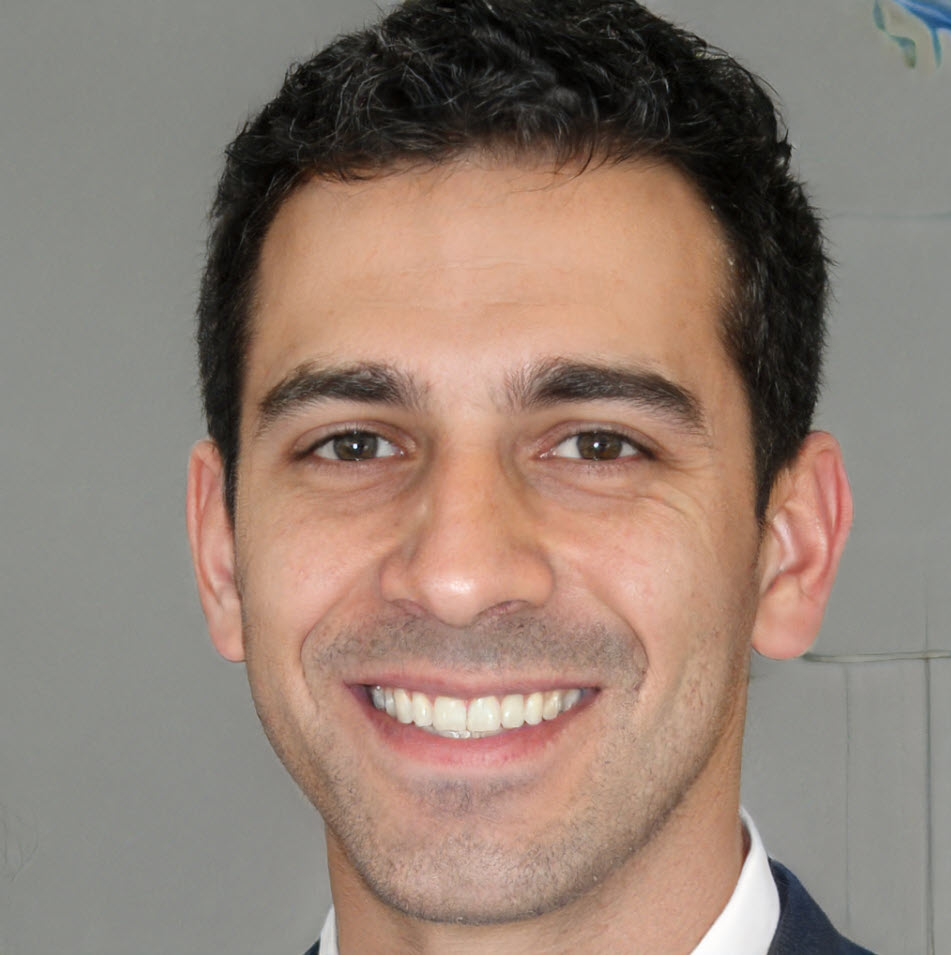Making high-tech medical technology affordable | David Issadore | TEDxPenn
4,910 View
Share this Video
- Publish Date:
- 25 August, 2022
- Category:
- Medical Technology
- Video License
- Standard License
- Imported From:
- Youtube
Tags
Sophisticated microelectronic technology is no longer just for computers and smartphones. David Issadore’s lab uses the same technology to sensitively detect pancreatic cancer and tuberculosis at low costs. His computer chip-based medical sensors and portable NMR systems have provided a revolutionary new way to diagnose disease both in the United States and in settings that currently lack medical infrastructure. With these technologies, he aims to bring medical diagnostics from expensive and centralized facilities directly to the point of medical care.
David is an Assistant Professor of Bioengineering and Electrical & Systems Engineering at the University of Pennsylvania. As one of the nation’s leading researchers in micro and nanotechnology, David holds numerous patents in his field in addition to co-authoring many papers and books on biochip technology. Furthermore, he has received numerous awards both for his research and for his teaching, including the National Science Foundation’s CAREER award and The S. Reid Warren, Jr. Award from the University of Pennsylvania.
This talk was given at a TEDx event using the TED conference format but independently organized by a local community. Learn more at http://ted.com/tedx














